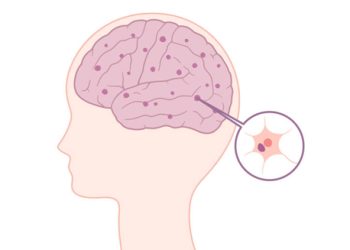Treatment of Croup
Treatment of croup depends on the severity of symptoms. Most mild cases can be managed at home with supportive care, while moderate to severe cases may require medication or hospitalisation. The goal of croup treatment is to reduce airway swelling, ease breathing, and provide comfort to the child.
Home Treatment for Mild Croup
Calm the child: Anxiety worsens symptoms. Keeping the child calm and upright helps ease breathing.
Hydration: Offer small, frequent sips of fluids to prevent dehydration.
Cool mist or humidified air: Some parents find that using a humidifier or exposing the child to cool night air helps ease the cough, although evidence is mixed.
Paracetamol or ibuprofen: For fever and discomfort, as directed by a healthcare provider.
When Medical Treatment is Needed
If symptoms worsen or if the child is showing signs of respiratory distress, medical care is essential.
Steroids
Dexamethasone: A single oral dose reduces airway swelling and is the most common treatment.
Prednisolone: Another corticosteroid used when dexamethasone is not available.
These medications often provide significant relief within a few hours and shorten the duration of symptoms.
Nebulised Adrenaline (Epinephrine)
Used in moderate to severe cases, this medication quickly reduces swelling and improves airflow. Its effects are temporary, so observation in a clinical setting is necessary following administration.
Hospital Care | Treatment of Croup
Children with severe symptoms may need:
Oxygen therapy
Continuous monitoring
Intravenous fluids if they cannot drink
Admission for observation, especially if multiple adrenaline doses are needed
Avoid Over-the-Counter Cough Medicines
These are not effective for croup and can be harmful in young children.
In summary, treatment of croup ranges from home care and corticosteroids to emergency interventions like nebulised adrenaline. Most children recover fully with appropriate care and do not experience long-term complications.
[Next: Complications and Recovery from Croup →]


